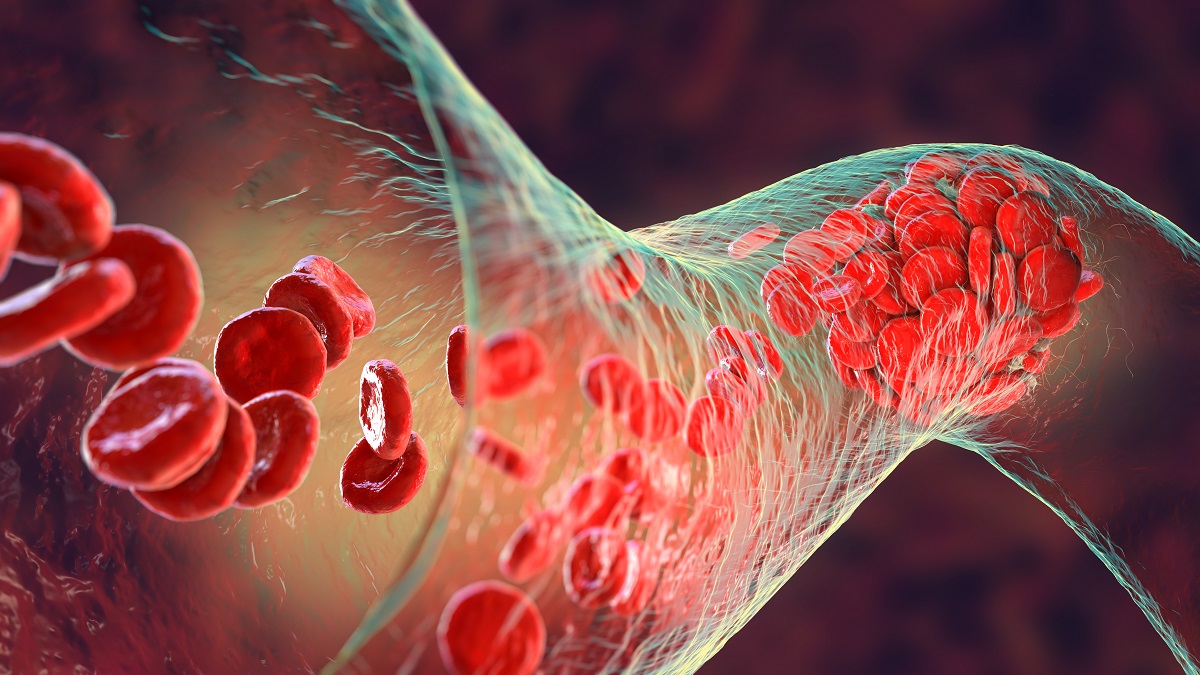KEY TAKEAWAYS
- The NADIMII phase 2 trial aimed to analyze F. prausnitzii’s potential as a cancer preventative in patients with NSCLC.
- The results revealed that the F. prausnitzii presence was associated with improved survival in patients with NSCLC.
Aprominent member of the gut microbiota, Faecalibacterium prausnitzii is known for its significant contribution to butyrate production in the gastrointestinal tract. Recent research indicates that F. prausnitzii may also inhibit tumor development.
Alejandro Rodriguez-Festa and the team aimed to investigate the potential antitumorigenic effects of F. prausnitzii in non-small cell lung cancer (NSCLC).
In the phase II NADIM II clinical trial, researchers collected 81 baseline stool samples from patients with locally advanced NSCLC. These patients were randomized into 2 groups as the experimental arm (n=55), which received neoadjuvant nivolumab plus chemotherapy followed by adjuvant nivolumab, and the control arm (n=26), which received chemotherapy alone.
Stool samples were processed for DNA extraction using the QIAamp PowerFecal DNA Kit (Qiagen) and subjected to analysis via quantitative polymerase chain reaction (QPCR) utilizing specific primers designed for targeting F. prausnitzii strain ATCC 27768.
The presence of F. prausnitzii showed a significant association with improved overall survival (HR: 0.24; 95% CI: 0.08-0.76; P=0.015), with a trend towards progression-free survival (PFS) (HR: 0.46; 95% CI: 0.18-1.19; P=0.1). Specifically, among patients with detected F. prausnitzii in their fecal sample (n=46), 88% were alive and 68% showed no evidence of disease, compared to 55% and 44%, respectively, in patients without detectable F. prausnitzii (n=9).
Notably, this effect was not observed in the control group (P=0.425 for progression-free survival and P=0.812 for overall survival). A trend was also noticed in relation to PD-L1 expression, with 66% of tumors expressing PD-L1 in patients with detected F. prausnitzii, compared to 29% in the F. prausnitzii-negative group (P=0.062).
The study concluded that the presence of Faecalibacterium prausnitzii is linked to enhanced survival outcomes in patients with locally advanced NSCLC undergoing perioperative treatment with nivolumab and chemotherapy.
The trial was sponsored by the Fundación GECP.
Clinical Trial: https://clinicaltrials.gov/study/NCT03838159
Rodriguez-Festa A, Serna-Blasco R, Nadal E, et al. (2024). “Faecalibacterium prausnitzii enhances tumor response to perioperative nivolumab and chemotherapy.” Presented at ELCC 2024. Annals of Oncology (2024) 9 (suppl_3): 1-12. 10.1016/esmoop/esmoop102573 (138P)



